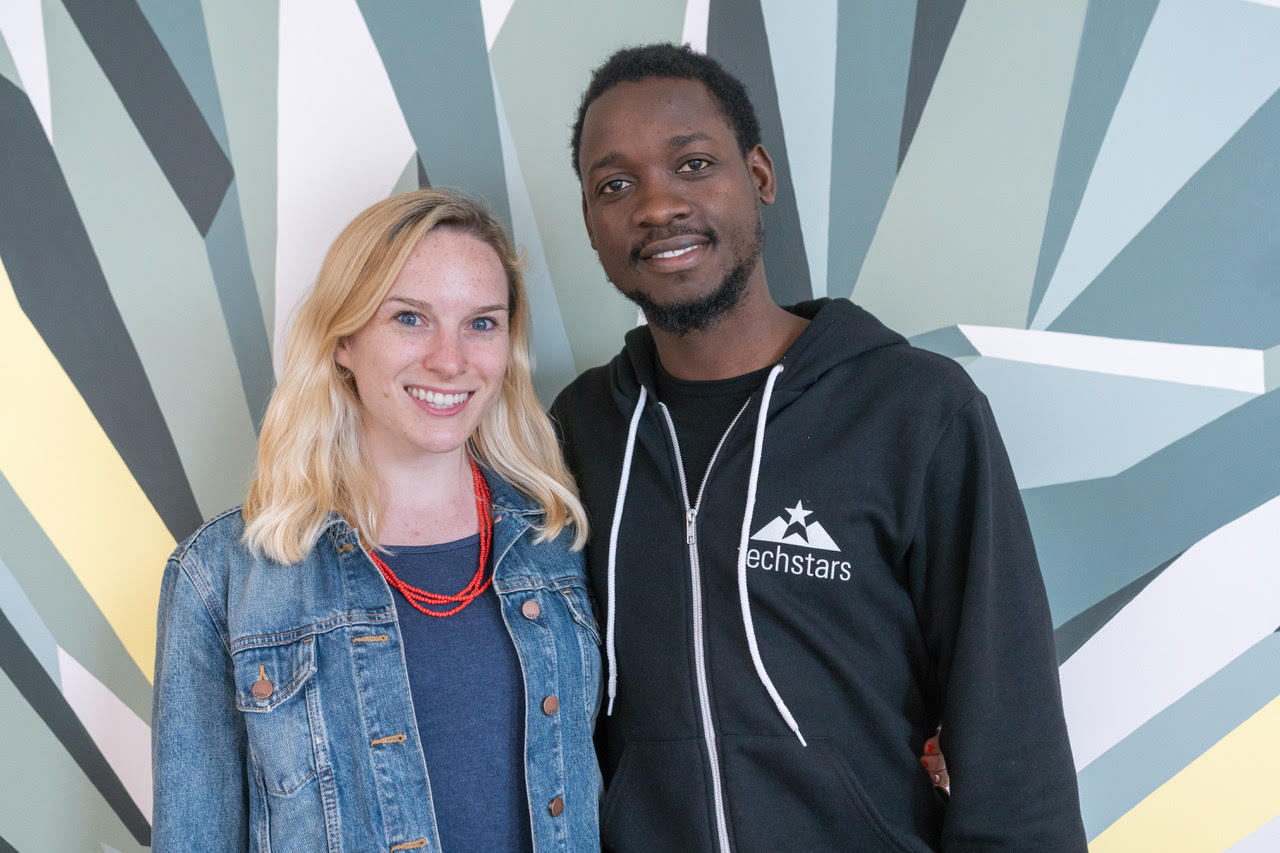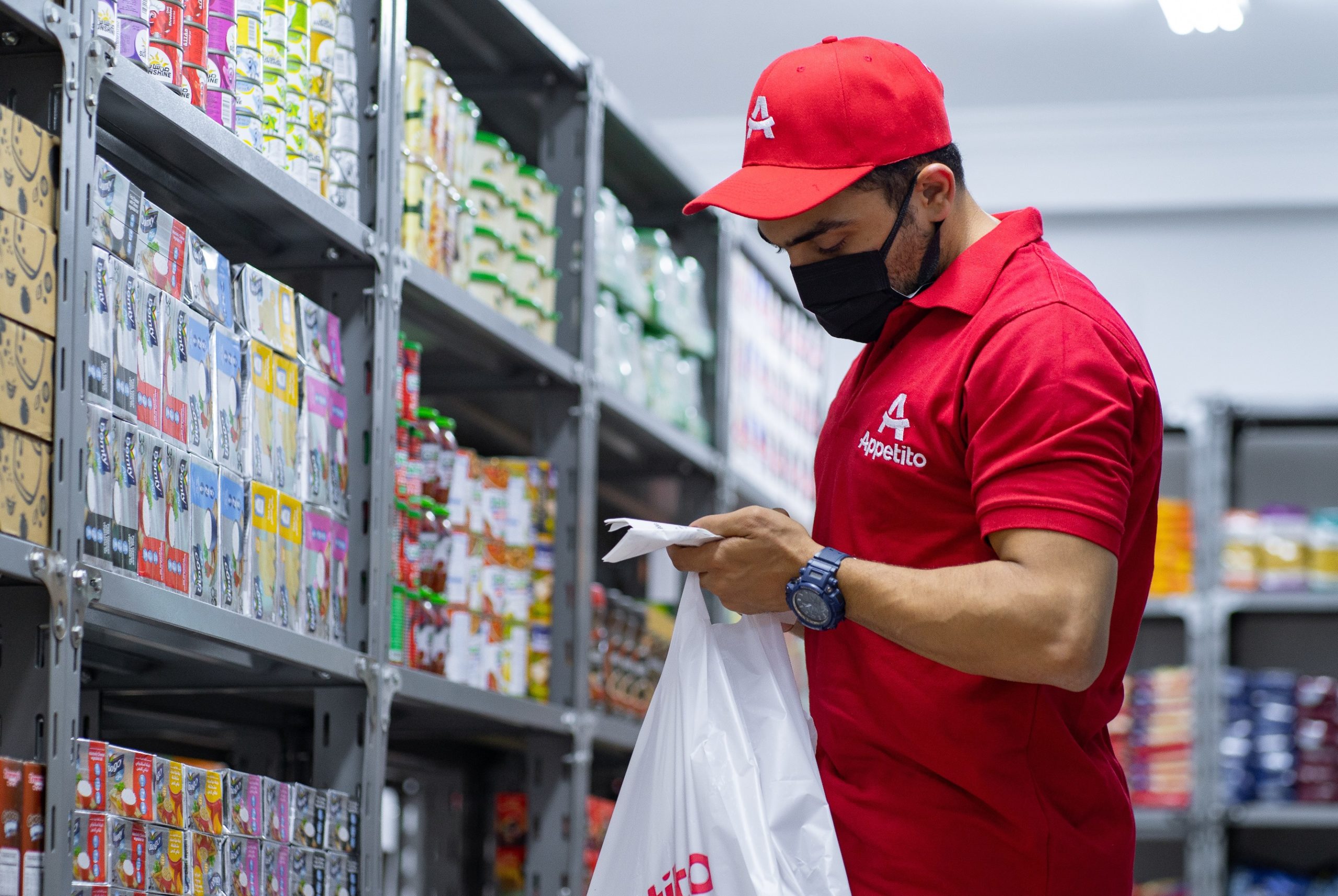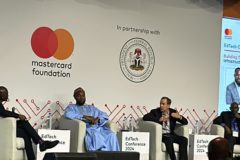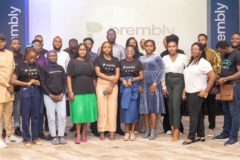It was 2015 when Oluwasoga Oni made a decision. While studying for a master’s degree in Systems Engineering and Management at the Massachusetts Institute of Technology (MIT), he took a class that challenged him – alongside his classmates – to develop a business that could impact a billion lives.
Coming from a medical background, he used the opportunity to create a solution for a problem he had firsthand experience with: Lack of access to quality medical equipment in Nigerian hospitals. MDaaS Global was born in January 2016, with the aim of solving the challenge for thousands of health establishments in Nigeria.
“The business idea had been percolating for a while as I grew up around health care,” Oluwasoga told TechCabal. “My father is a medical doctor who has run a hospital in a small town in Nigeria for over 35 years, and I witnessed the issues he faced accessing medical equipment. So the challenge of accessing quality medical equipment is close to home for me.”
Through his personal experience and research across Nigeria, Oluwasoga saw a massive social and business opportunity to serve low- and middle-income patients better.
He started MDaaS with a multidisciplinary team of co-founders – Opeyemi Ologun, Joe McCord, and Genevieve Barnard Oni. He met McCord and Genevieve in that class at MIT.
The founding team’s experiences helped prepare them to build their startup from scratch, according to Oluwasoga who started his career in Software Engineering before transitioning into Systems Engineering. “Our diverse backgrounds, experiences, and strengths were extremely helpful in the early days when it was really just the four of us.”
Ologun is an engineer by training and has extensive operations and sales experience in Nigeria. In contrast, Joe has a Master’s degree in Supply Chain Management and has managed supply chains in 11 African countries, including Nigeria.
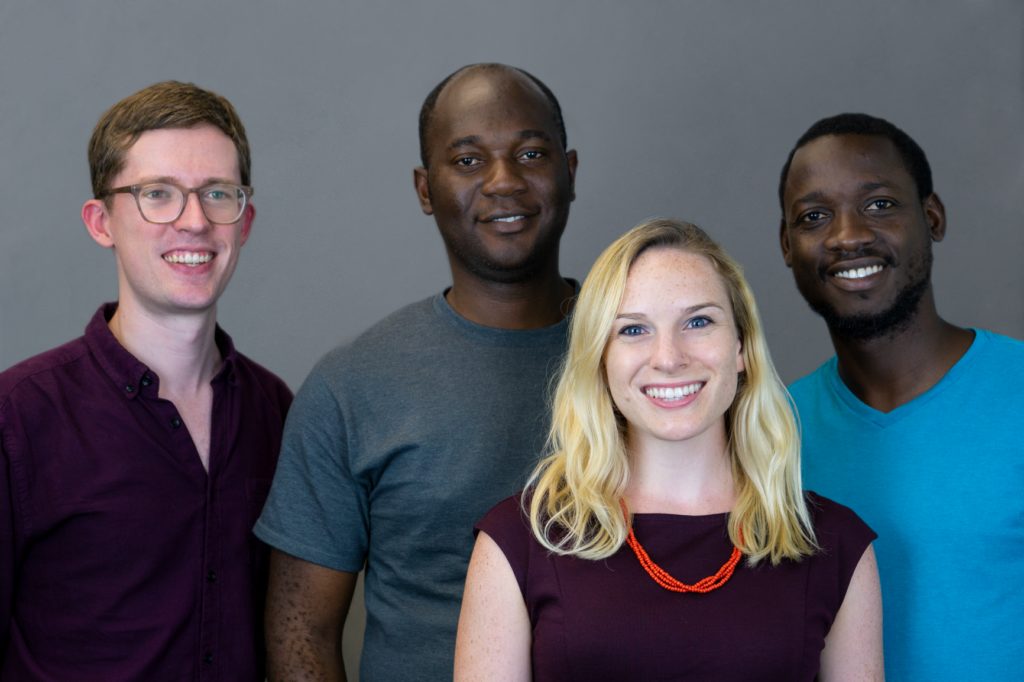
Genevieve has a Master’s degree in Business and Public Administration, with a background in Public Health and International Development and prior experiences working in Uganda, Malawi, and Ghana.
Most of her work was in rural public health facilities. But, like Oluwasoga, she also saw the challenges doctors faced operating with limited resources amid other inefficiencies in the medical equipment space.
“When I met Soga, we spent our first date talking about medical equipment in rural and peri-urban places,” Genevieve recalled in a 2019 interview.
At the time, she was working in the Global Healthcare Entrepreneurship program at Babson College. The program exposed her to several social organisations that are transforming Africa’s healthcare industry.
For their second date, Genevieve heard Oluwasoga pitch an early iteration of MDaaS Global. Eventually, she joined the team.
Running a multimillion-dollar startup as a couple
Oluwasoga and Genevieve Barnard Oni have been married for over three years now while co-running MDaaS Global. The idea would be intolerable to some couples who want a clear separation between work and home life while desirable to others who dream of working with their life partners.
For Oluwasoga and Genevieve, finding a balance between job and family time is crucial. “As all founders will know, it can be really difficult not to work on your business 24/7, and being married to your co-founder can make that even harder,” he said.
So how do they create the balance? Oluwasoga explained that during the Covid-19 lockdowns last year, the couple started verbally letting each other know when the office was “closed for the day.”
“Our closing times don’t have to be the same, and some days the office never closes, but it helps us to create some boundaries between work and home,” he said.
The Onis also started some new non-work hobbies together including brewing beer, running, and taking French classes.
“Not only are these new things really fun, but they also help us to be more intentional about spending quality time together outside of work.”
The MDaaS evolution
After founding the startup from his class at MIT, Oluwasoga secured some funding from an angel investor and returned to Nigeria to work on his healthcare idea full-time.
The name MDaaS is an abbreviation of “Medical Devices as a Service,” which harkens to the original iteration of the company.
At the early stage, the startup began with direct sales (and service support) of secondary medical equipment from U.S. markets to Nigerian hospitals. However, most of their clients struggled to purchase the tools. MDaaS switched to a leasing program but that also failed.
“We initially provided refurbished medical equipment sales, leasing, and servicing to small and medium hospitals. But we saw that most of our target hospitals lacked the economies of scale needed to justify these capital outlays, even at our reduced prices,” Oluwasoga said.
MDaaS then decided to roll out its current asset-sharing model. So rather than equip individual health facilities, MDaas installs and operates modern, tech-enabled diagnostic centres that aggregate demand from small and medium healthcare facilities in underserved communities.
MDaaS offers imaging, cardiac, and lab services to identify life-threatening diseases, especially non-communicable ones (NCDs), and earlier for treatment through its centres. Its services help address the lack of access to diagnostics and preventive care for Nigerians, one of the significant problems that have long plagued Nigeria’s underfunded healthcare sector.
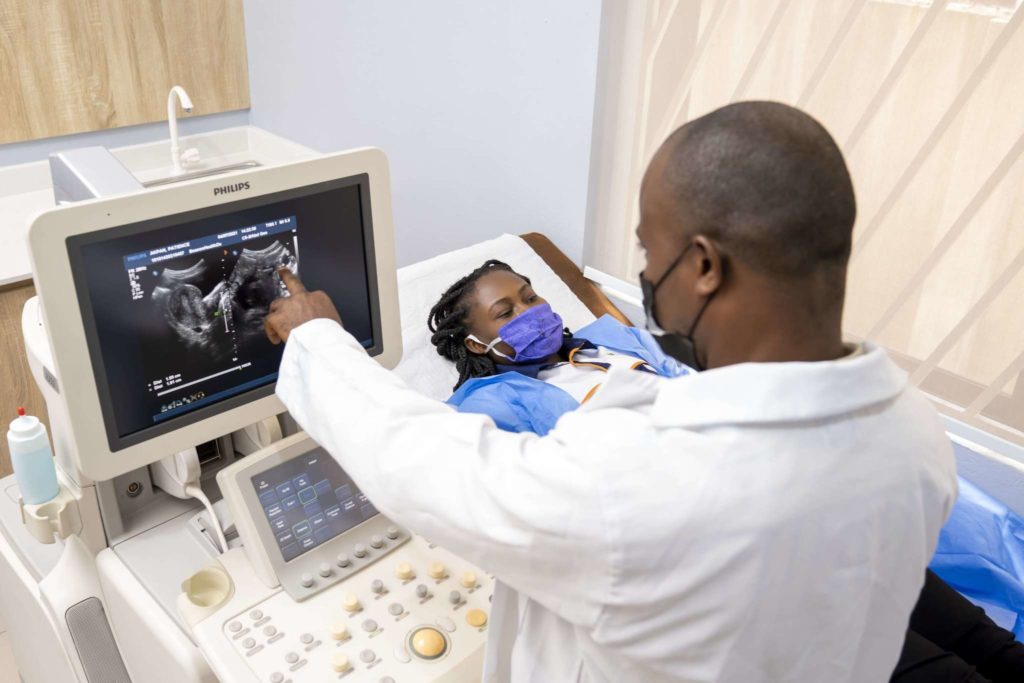
According to Oluwasoga, operating the high volume and low-cost model allows MDaaS to provide excellent clinical quality at prices patients can afford. For instance, an obstetric ultrasound, one of the startup’s most common procedures, can cost as little as ₦1,200 (around $3) compared to ₦5,000 – ₦20,000 ($12 – $50) charged at typical clinics and hospitals.
But even as MDaaS services are priced low, some patients in low-income communities still cannot pay, Oluwasoga said.
Growth across board
MDaaS launched its first diagnostic centre in Ibadan in 2017 and has added six more in other states and cities, including in Lagos and Ogun.
In June, MDaas secured a $2.3 million seed round extension to increase their physical locations in Lagos, Oyo, Kwara, Edo, Kogi, and Kaduna states. They plan to create more virtual and home-based care options to make its services more accessible.
The startup has experienced rapid growth across various indicators. For example, it has performed over 80,000 diagnostics tests, grown from a 4-person founding team to a team of over 70, partnered with over 500 health facilities and 10 HMO networks, and expanded its referral network to include over 750 clinicians.
Oluwasoga’s dream is to build the largest network of physical and virtual diagnostic and primary care facilities in Africa. “We currently work to achieve this big goal through our chain of tech-enabled diagnostic centres, BeaconHealth Diagnostics, and our new virtual-first preventive care product, SentinelX.”
In 2019, MDaaS secured a one-million-dollar seed round. Besides other funding raised over the last five years, they have now raised a total of $3.7 million.
If you enjoyed reading this article, please share in your WhatsApp groups and Telegram channels.







